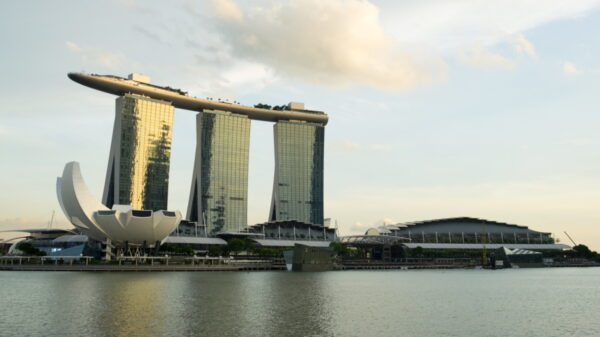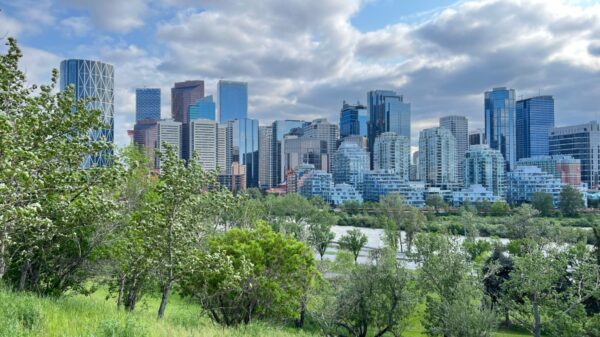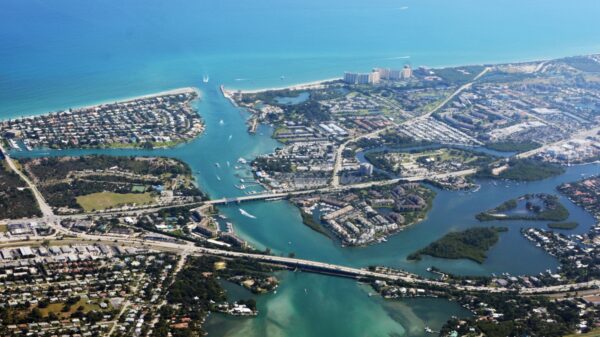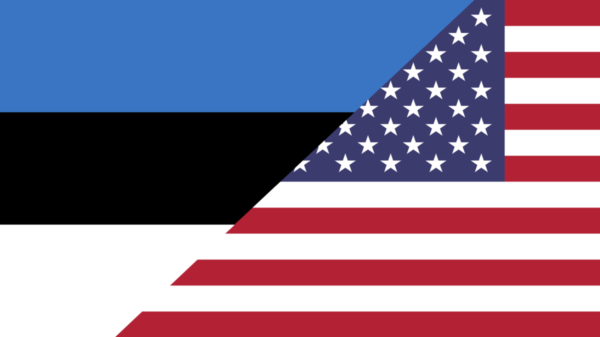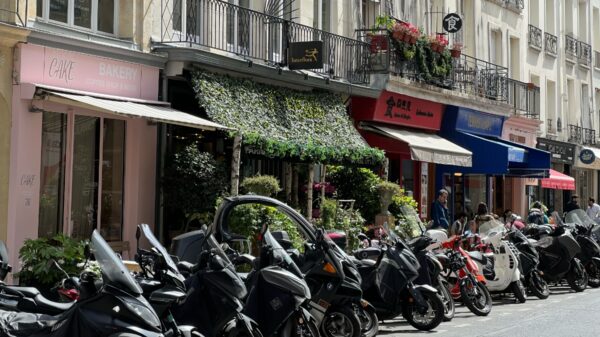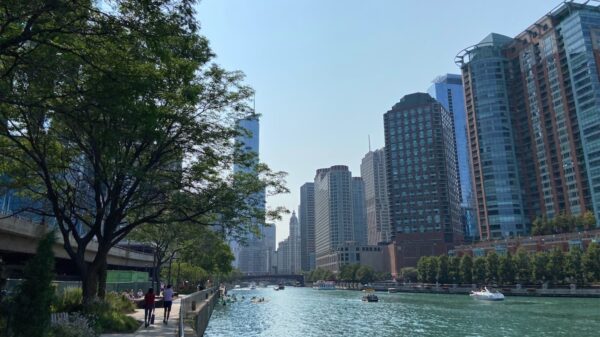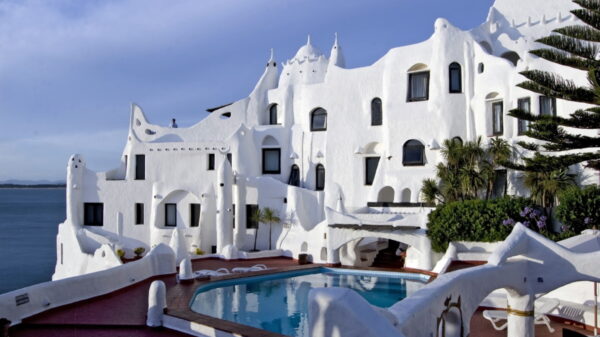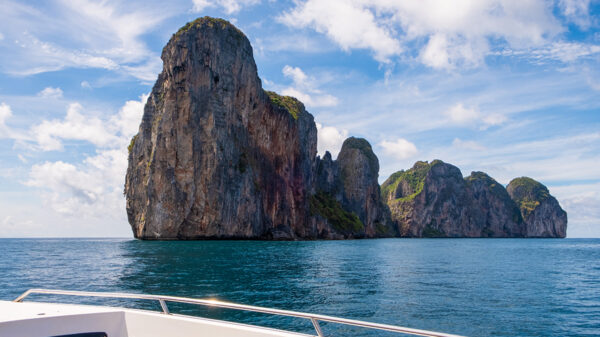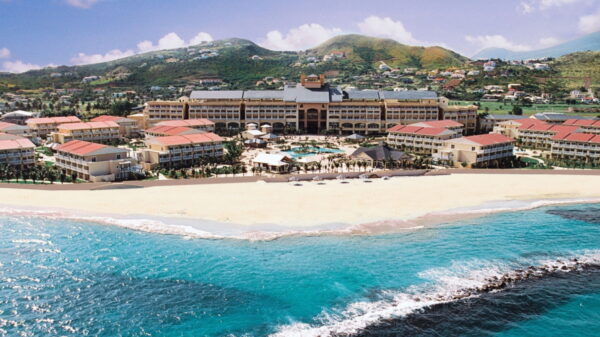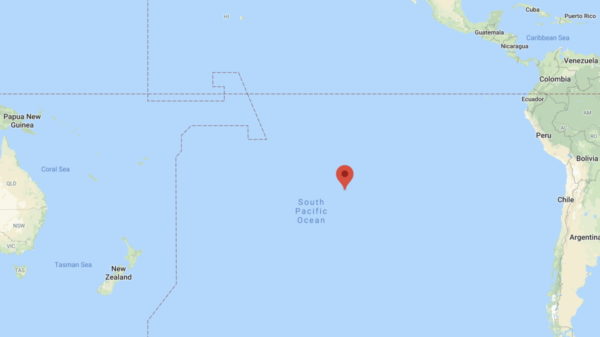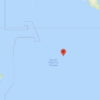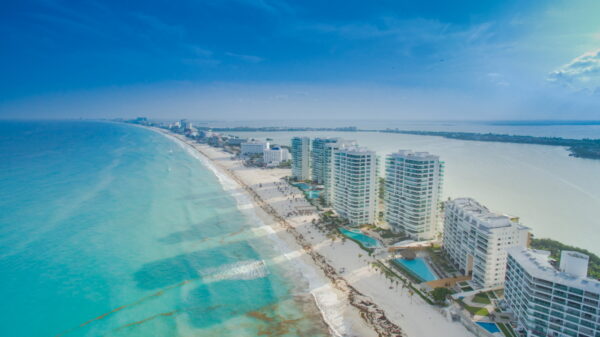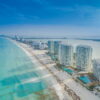Paraguay is a country that has become famous in the location independent community thanks to having what many have dubbed the easiest permanent residency program in the world. This, combined with a territorial taxation system and the lowest cost of living in South America, makes it a fairly interesting residency option. In this guide, I cover Paraguay’s permanent residency program as well as how taxation and banking works.
Residency options
Out of a desire to attract foreign talent, the government of Paraguay greatly simplified the application process for permanent residency in 2010. Under the new program, anyone with a clean criminal history and at least 25 million Guaraníes is eligible to apply. The whole process costs around 2500 USD (much less if applying on your own). It takes anywhere from three months to a year to complete but physical presence in the country is only required during the initial stage. Sounds pretty good eh? It is but there is one major caveat. Paraguay is corrupt as hell and the local immigration scene is rife with fraud. This means that caution has to be exercised at all time and that you should only use the services of well-known agents. It also means that up to the point when you actually hold your permanent residency certificate in your hand, there is no guarantee that anything will go according to plan. If you can live with that, I do recommend applying.
As stated above, all you need in order to qualify is a clean criminal history and a little bit of money (less than 5000 USD equivalent) to deposit in Paraguay. Before leaving your home country, you will need to prepare these documents:
1. Criminal background check
2. Birth certificate
3. Paraguay visa (if required for your passport)
4. Passport photos
5. Additional documents may be required (e.g. marriage certificate, bill of divorce, Court documents in case of criminal records, etc.)
Please note that your documents must be provided with a Hague Aspostille – except documents from countries that have not signed the Hague Convention, these have to be legalized through a Paraguay embassy or consulate. Documents from the US and most European countries require Hague Apostille, not consular legalization.
Your next step will be to travel to Paraguay and go through the application process. It essentially goes like this:
1. Meet your local fixer or immigration attorney
2. Fingerprints are taken
3. Your visa is notarized
4. Your money is deposited with a bank or with the central bank
5. An affidavit is signed
6. You visit the local police for a background check and to submit photos etc
7. You grant your fixer or immigration attorney power of attorney to complete the process for you
8. If approved, a few months later you receive your residency card
9. Your bank deposit is released and can be collected
It is possible to apply by yourself or with the help of an immigration attorney. I recommend hiring an immigration attorney as it will prevent you from making mistakes as well as save you time. The whole process can take up to a year to complete. Physical presence in Paraguay is only required at the time the application is submitted. As an added bonus, it is possible to travel to most South American countries with your Paraguay permanent resident ID card in lieu of a passport.
Taxation
Paraguay is a territorial taxation country. As such, residents and non-residents alike are only subject to taxation on their locally-sourced income. In practice, this means that it is possible to live in Paraguay tax-free provided that best practice guidelines are followed and that a proper structure is in place. I have written a guide that covers what foreign sourced income means, you can read it here.
Compliance
A tax resident of Paraguay is an individual who spends at least 120 days in the country in a given tax year OR who has established permanent residence and maintains their primary domicile in Paraguay. Tax residents and non-residents alike must file an annual tax return if their local income exceeds the minimum threshold. The fiscal year is the calendar year. The income tax applies to income from employment, income from conducting business as well as investment income. The rate is a flat 10% (8% for low-income earners). Capital gains are also taxed at the 10% tax.
Powerful tax strategies
You can find powerful tax strategies in The Freedom Surfer course, especially in module two and three.
Banking
Paraguay is no financial center but has nonetheless a few decent banks. The best are BBVA and Sudameris Bank. Because of how easy it is to apply for permanent residency, you would tend to assume that opening a bank account would also be a cinch but such an assumption would be dead wrong. Imagine Latin American bureaucracy combined with due diligence requirements from hell and you would be closer to the truth. So much so that you should only consider banking in Paraguay once you are a permanent resident (it is easier as a permanent resident). Save yourself the trouble and deposit the funds required for the residency application with the central bank instead.
Opening an account
While requirements vary from bank to bank, in most cases they are as follow (for permanent residents):
1. Your passport along with copies of every page.
2. Your permanent resident ID card (cédula).
3. A proof of origin for the funds you are depositing with the bank.
Once you have prepared all due diligence documents, you will need to book an appointment with a bank officer who speaks English (unless you speak Spanish). At the appointment, you will be asked to present your due diligence documents along with the account opening deposit (bring it in cash, this will make things easier). During the appointment, do not forget to request access to the bank’s online banking facility. Also, I recommend applying for a credit card (a security deposit will be required) as this will help you build a local credit history. Most banks offer the option to open foreign currency accounts.
International transfers
The local banks allow international transfers to be initiated online but the fees are rarely competitive. Wise is a better option in most cases. Both debit cards and local transfers are supported and you will struggle to find a better rate especially when changing to the USD, EUR and GBP.




